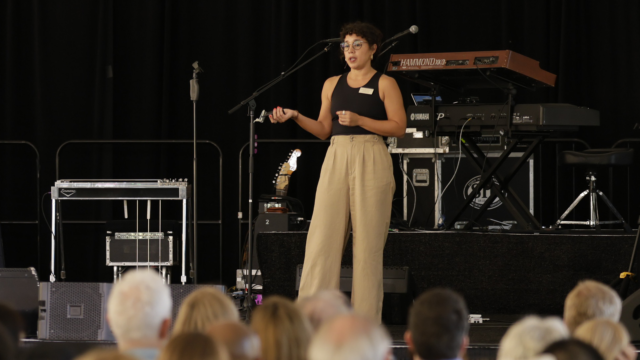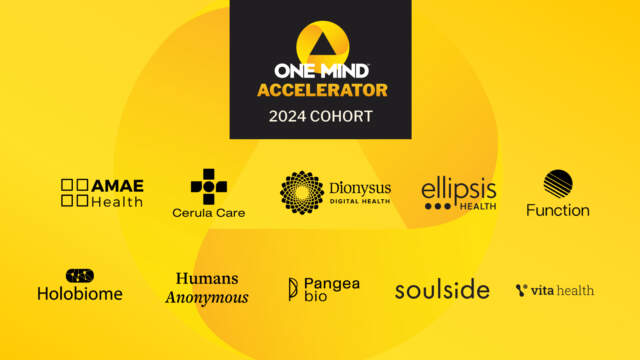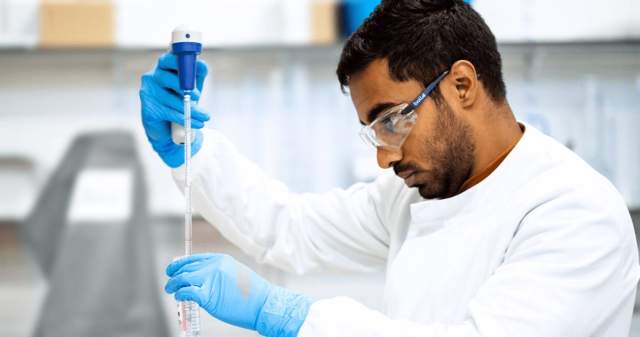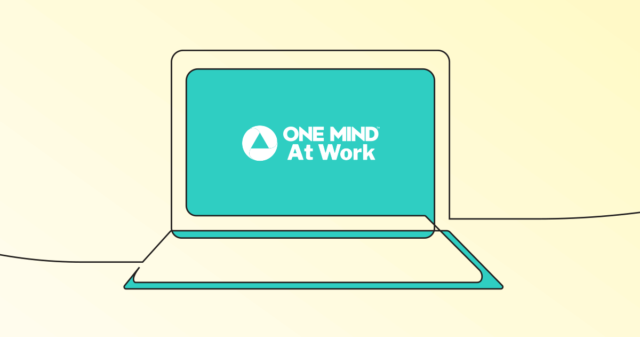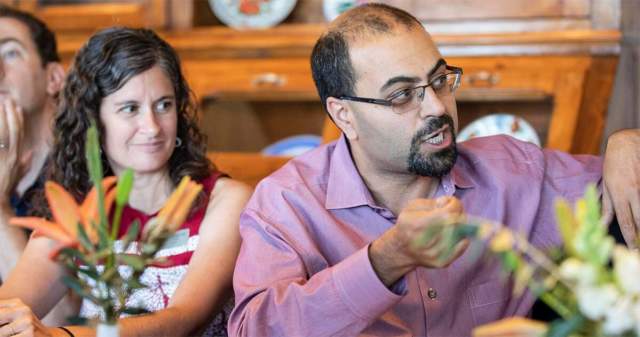Denise Cai
Assistant Professor of Neuroscience at Icahn School of Medicine at Mount Sinai
2019 One Mind – Otsuka Rising Star Awardee
Linking Memories in Time: A Brain-Circuit Mechanism of Post-Traumatic Stress
Post-traumatic stress is a debilitating mental health condition characterized by re-experiencing a traumatic event in the form of persistent and intrusive memories. In post-traumatic stress, the traumatic memory may be triggered by initially neutral experiences that become over-linked to the traumatic experience.
Denise Cai, PhD, Assistant Professor of Neuroscience at Icahn School of Medicine at Mount Sinai, recipient of the 2019 One Mind – Otsuka Rising Star Award, is using her $250,000 grant to research the brain mechanisms underlying post-traumatic stress, with a focus on and how memories interact through the linking of experiences that are encoded closely in time.
Memory-linking is particularly important in the context of memory disorders such as post-traumatic stress, as aberrations in memory-linking could have severe consequences on cognition, including a person’s ability to remember. Without effective memory-linking, the processes that promote normal memory retrieval might result in memory failure, such as failing to link “caution” to a hot stove might cause someone to burn their hand. On the other hand, an overabundance of memory-linking can also prove to be debilitating.
Dr. Cai believes that manipulating the brain’s ability to link memories (or to separate them) may prove effective in the development of treatments for post-traumatic stress.
2020, Dr. Cai’s first year of One Mind funded research, was hindered by temporary lab closure due to the COVID-19 pandemic in the second quarter and with limited capacity requirements from there on. Dr. Cai and her team still made significant progress towards the goals of their One Mind grant – including the key calcium imaging experiments they proposed to investigate how reactivation of memories in a brain region called the hippocampus during an “offline” period (such as sleep) can link memories across time.
Dr. Cai’s preliminary studies examining how fear regulates memory-linking indicate that increasing the magnitude of fear during encoding of that memory in the hippocampus promotes memory-linking retrospectively, so that fear transfers to other neutral contexts experienced up to 2 days prior. These findings are intriguing because they indicate that there is a mechanism in place to link a fearful memory to other non-fearful memories of recent events.
Their preliminary data suggests that after a fearful experience, the hippocampus not only reactivates the recent fearful memory (consistent with other literature on hippocampal memory replay during sleep) but the fearful experience also reactivates other past memories. Their results suggest that this co-reactivation of both the fearful and neutral memories leads to linking the two experiences. Conversely, the researchers show that inhibiting the reactivation of the memories decreases their linking. In their mouse model research, the linking is behaviorally expressed when the mouse returns to the neutral context and shows fear, exhibited by freezing. This fearful response in the previously learned neutral context is specific, as the fear is not expressed in a novel context. This suggests that the emergence of memory-linking (expressed by behavioral transfer of fear to the neutral context) occurs during an “offline” period.
Thus far, Dr. Cai’s data suggests that after a fearful experience, the brain searches for related events to link to the trauma. For example, if you are experiencing nausea and vomiting, it would be helpful if your brain was able to link the malaise to novel foods you had the day before, so your body would know to avoid this in the future. This process of linking bad outcomes to their predictors is critical for survival. However, memory-linking may become maladaptive when trauma memories become overly linked with unrelated events, potentially in post-traumatic stress.
In 2021, Dr. Cai will explore whether this reactivation of recent and past memories occurs during sleep and during which specific stages of sleep. If she finds that memory reactivation preferentially occurs during a specific stage of sleep (e.g., REM sleep which is rich in dreams), then she will further test if inhibiting memory reactivation during that specific sleep stage will be sufficient to prevent fearful memories from being linked to non-fearful memories.
Having mechanistic insight into how memories can be linked and separated across time will be critical for developing targeted interventions of memory disorders, such as post-traumatic stress. At One Mind, we are excited for the research Dr. Cai and her team is accelerating and the potential outcomes it may support.
One of the interesting findings from Dr. Cai’s calcium imaging study was that increased negative valence appears to increase memory reactivation of the aversive memory as well as alter sleep architecture. Interestingly, the sleep disturbances seem to persist for weeks after the acute trauma. These findings opened up a new direction for Dr. Cai’s lab – to investigate how trauma induces long-lasting sleep disturbances, which is a pervasive problem for patients suffering from PTS. Dr. Cai and her team was awarded the $175,000 Irma T. Hirschl/Monique Weill-Caulier Research Award to further investigate this topic.
You can learn more about Dr. Cai’s research by watching her presentation at the Scientific Symposium of our 2019 Music Festival for Brain Health as well as the March 2020 Brain Waves episode titled Coping with Trauma in Times of Crisis: The Science and Practice that Dr. Cai was a guest on.

